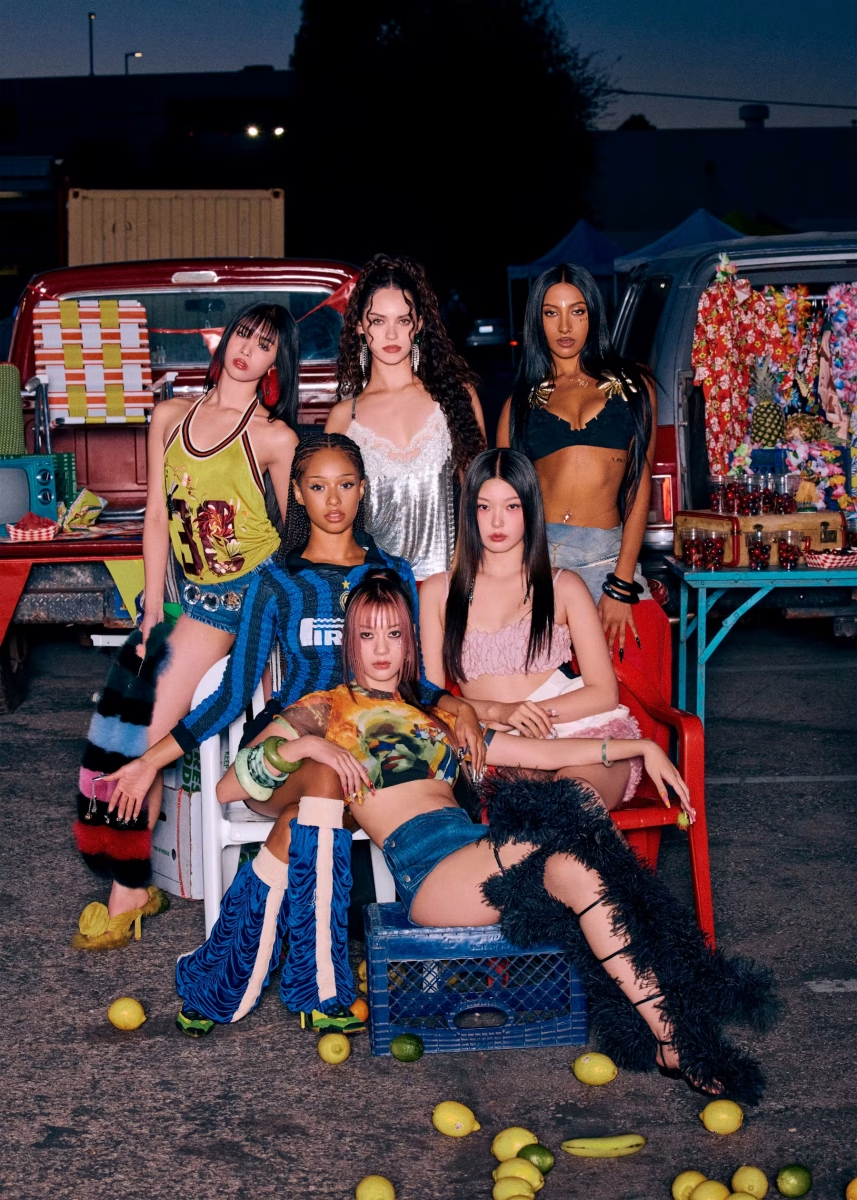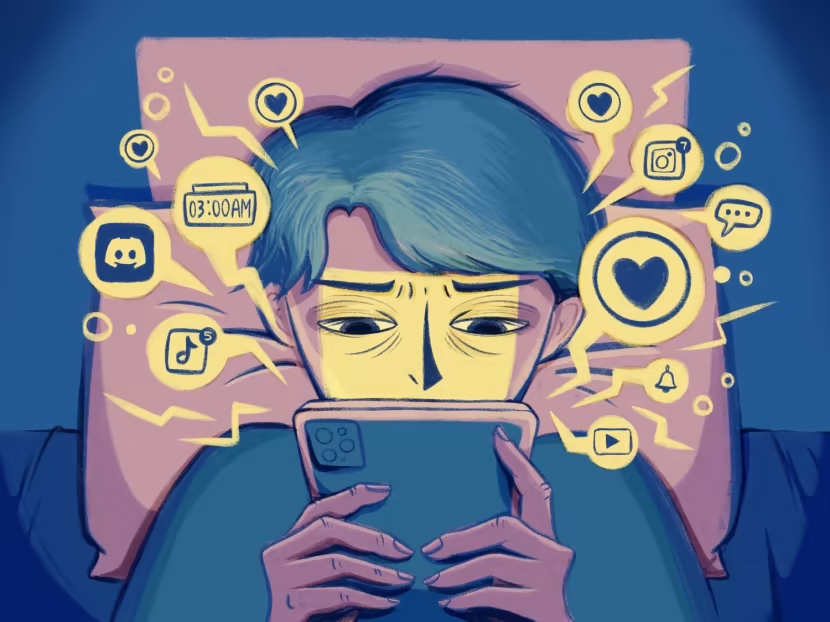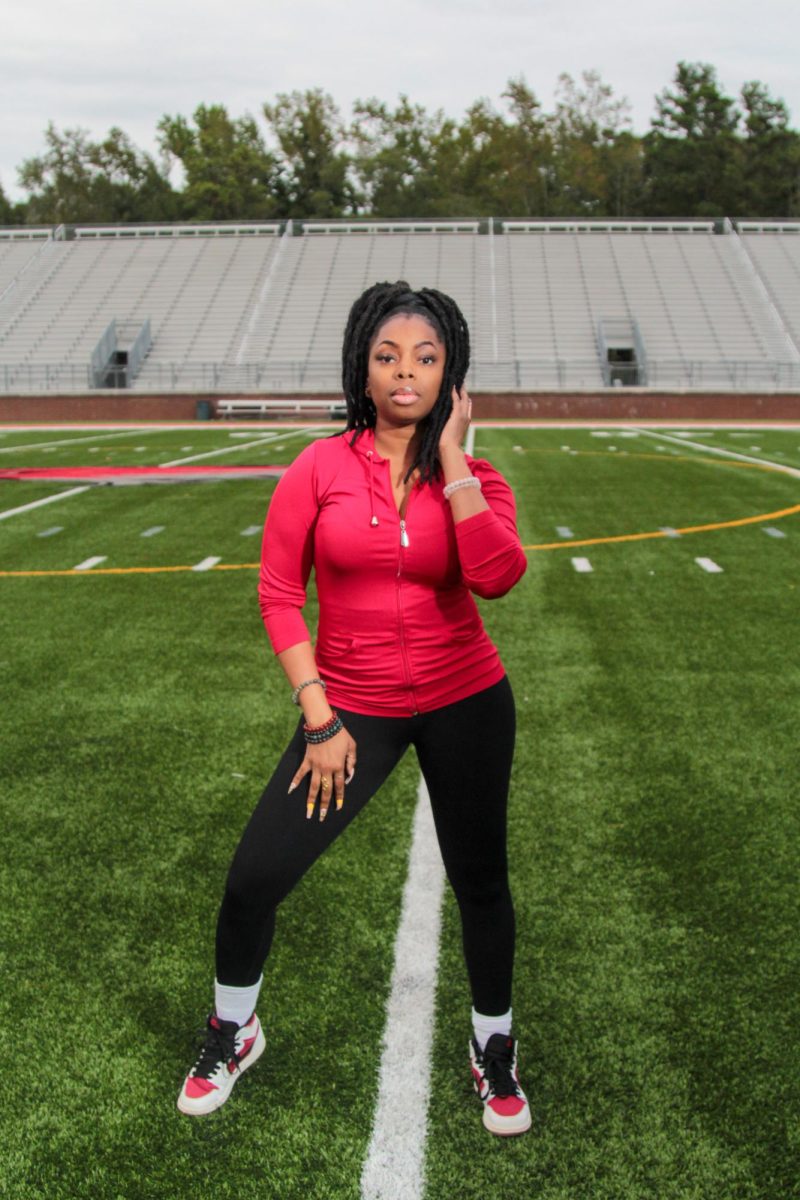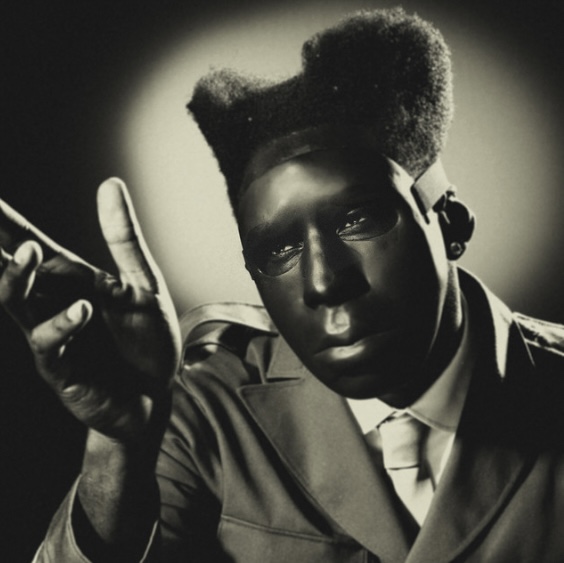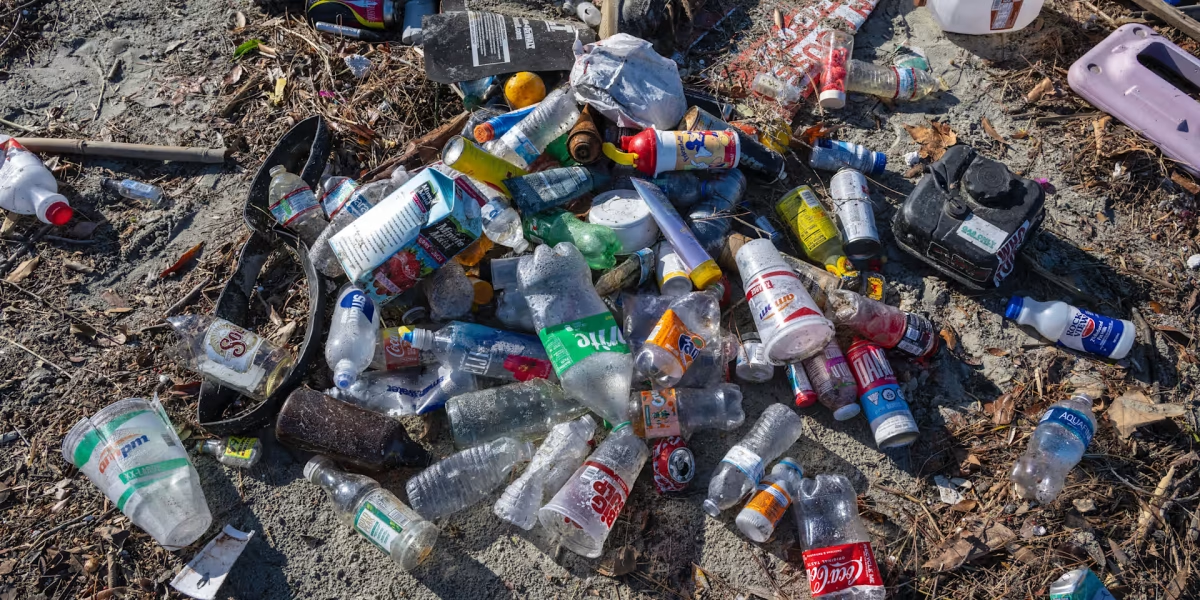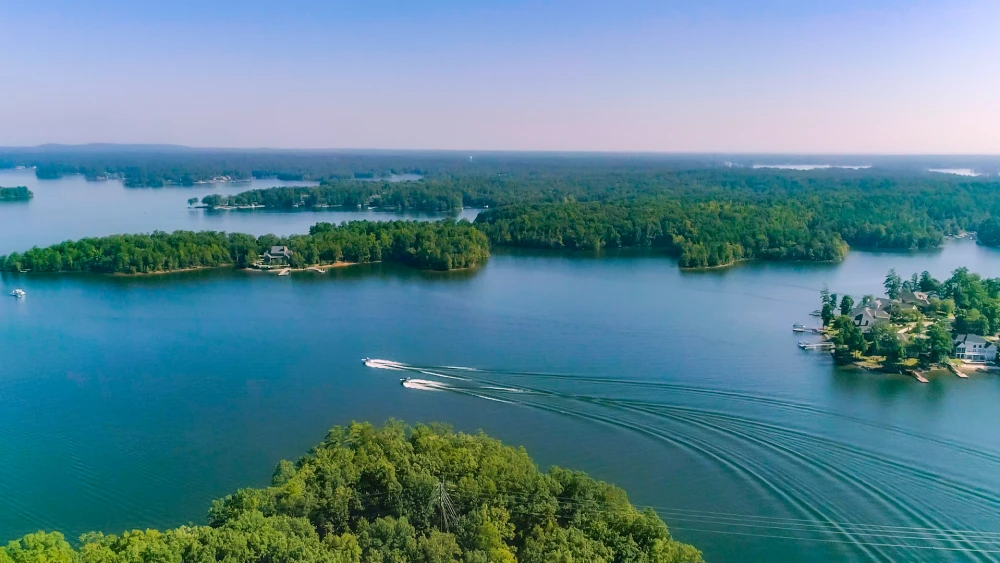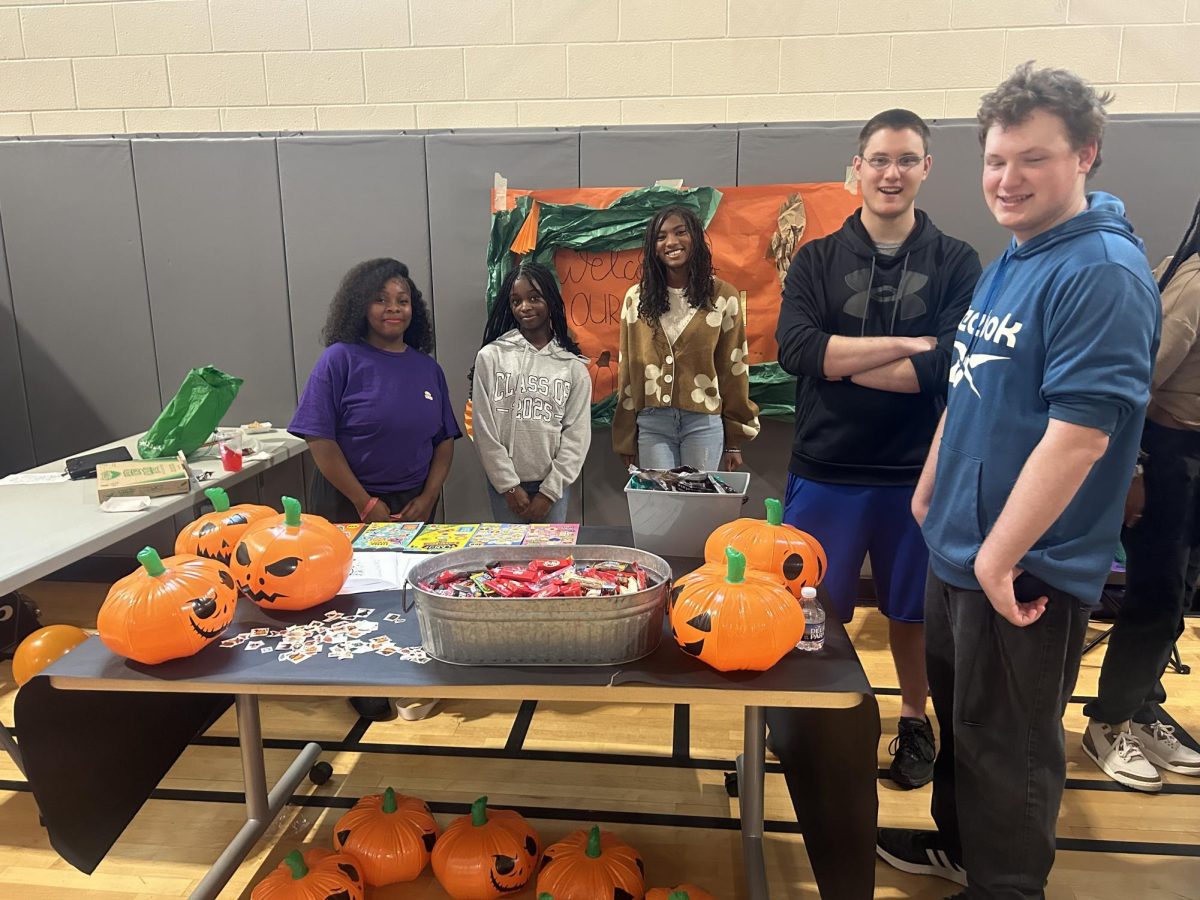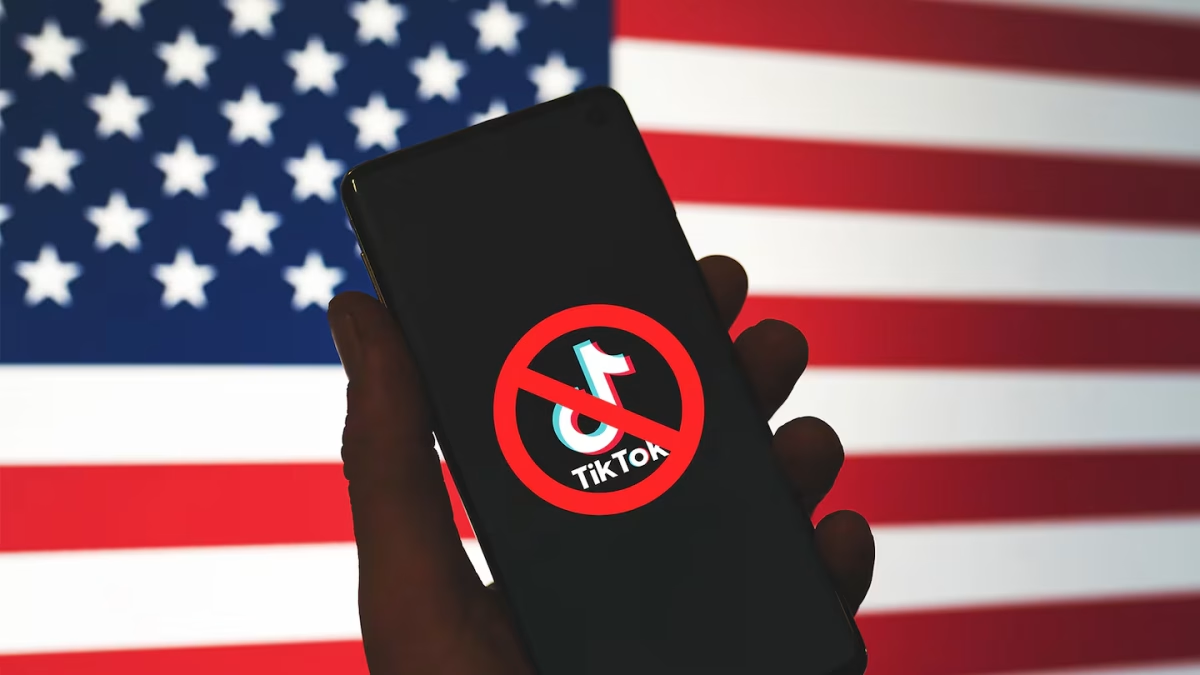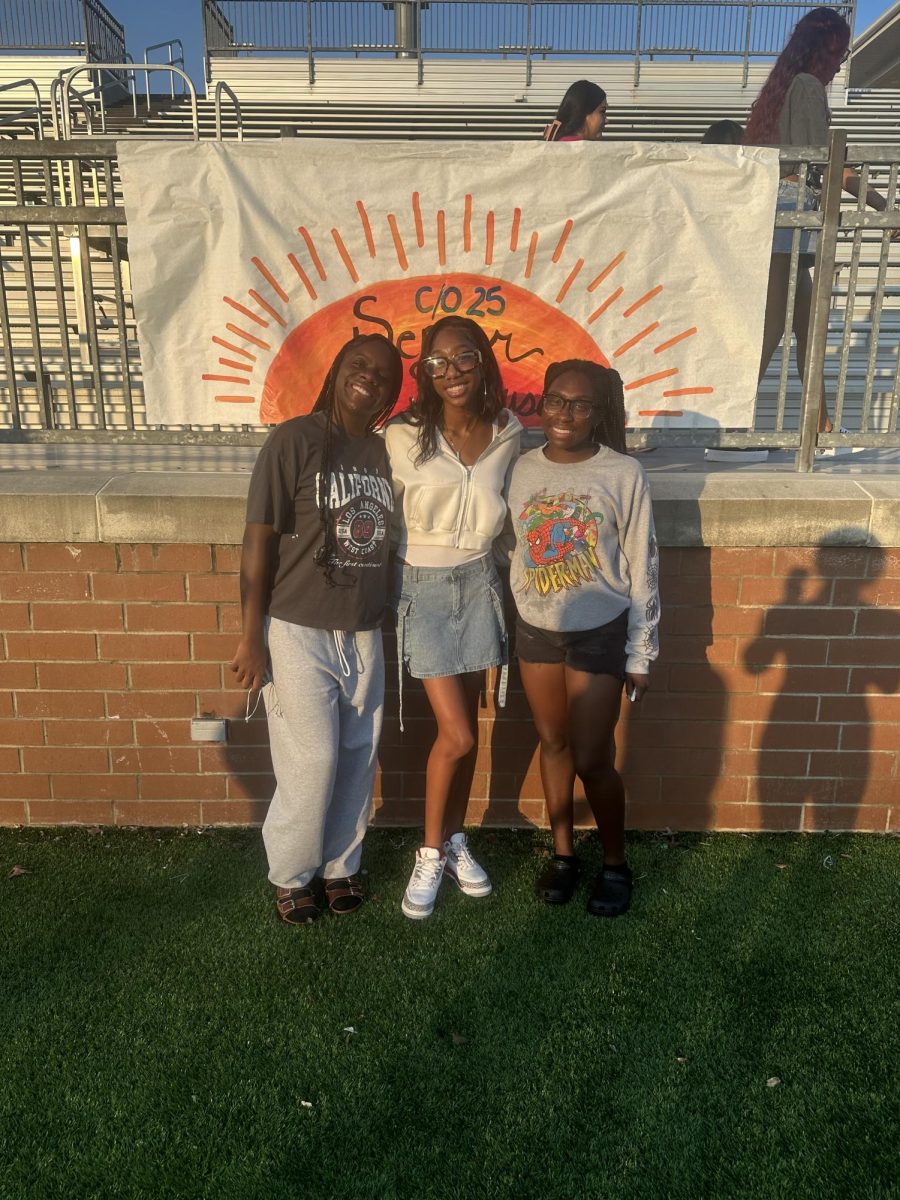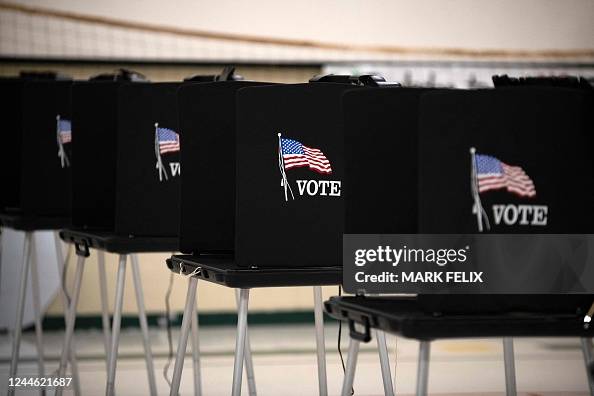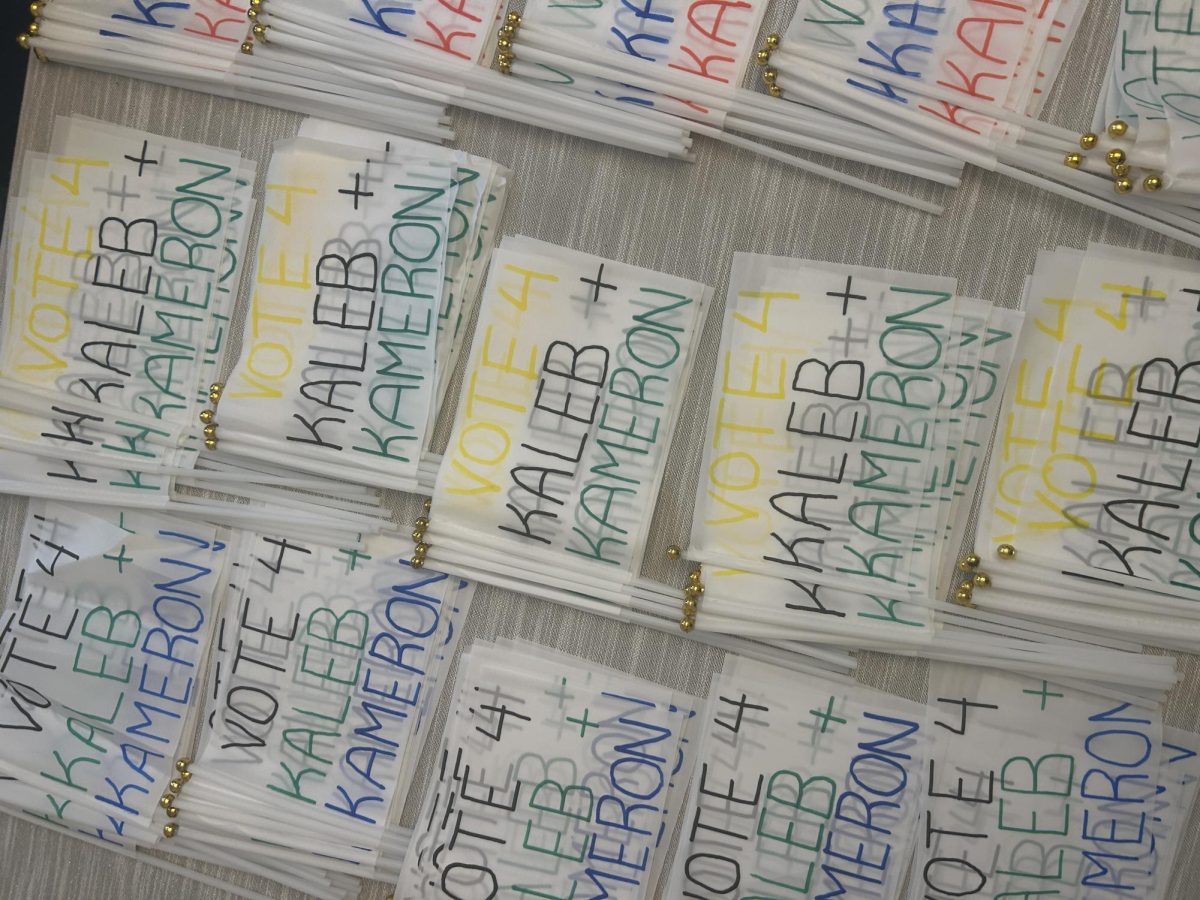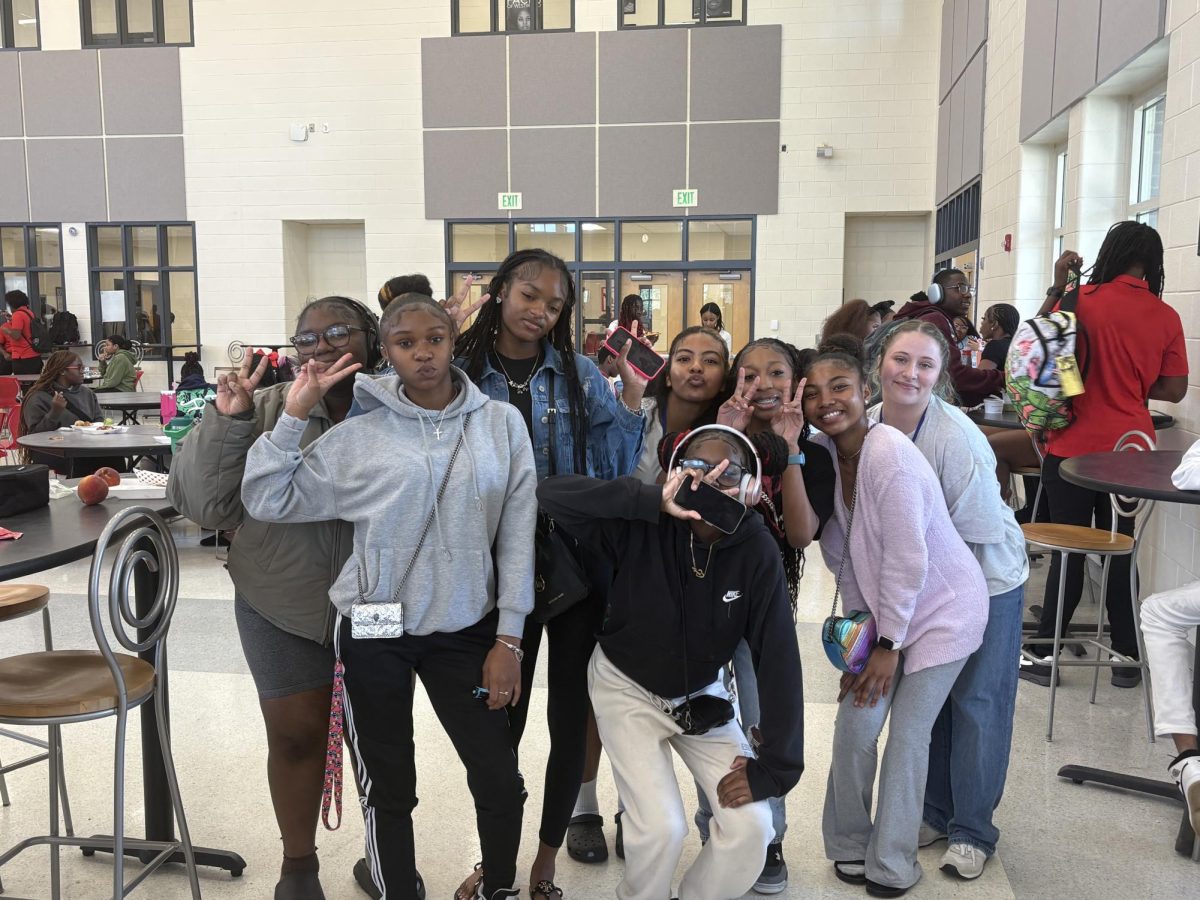Westwood is already feeling the effects of climate change—one of its greatest drivers is pollution. You can help fight pollution by reducing, reusing, recycling, conserving water and energy, walking, biking, using public transportation, and choosing eco-friendly products.
Westwood High School student Amaya Robertson takes action to combat pollution. “I recycle items whenever they can be recycled to help reduce pollution.”
School habits, such as energy consumption and waste generation, have contributed to ongoing environmental issues in the community. At Westwood, lights are often left on for extended periods, even when rooms are unoccupied, which wastes a significant amount of energy due to the school’s large size.
Some students happen to notice the light usage and waste.
How does leaving lights on waste energy? To generate energy, fossil fuels such as oil, coal, and natural gas are burned to produce heat and electricity. This causes methane and carbon dioxide to enter the atmosphere.
These are greenhouse gases, which act as a blanket around Earth, trapping heat. To lessen the production of greenhouse gases, residents and business workers can make sure to turn on lights when necessary and turn them off when the room is not in use. Leaving lights on leads to energy waste and overproduction of electricity.
“Greenhouse gases from human activities are the most significant driver of observed climate change since the mid-20th century.” – United States Environmental Protection Agency (EPA)
Many students are not informed about eco-friendly habits like reducing, reusing, and recycling. There are many ways to reduce, reuse, and recycle. Practice buying less; buying less helps lead to less consumption and less excess packaging. Repair items when they break instead of buying brand new ones. If it can be fixed, then fix it.
Every resident, organization, and general human activities contribute to pollution. “Municipal solid waste, hazardous waste, industrial non-hazardous waste, agricultural and animal waste, medical waste, radioactive waste, construction and demolition debris, extraction and mining waste, oil and gas production waste, fossil fuel combustion waste, and sewage sludge.”- United States Environmental Protection Agency(EPA).
Pollution happens everywhere. “I see students litter outside during lunch, they just leave their trash on the ground and don’t pick it up,” Amaya Robertson stated, “but I make sure to pick up trash when I can.”
Some people believe that climate change is not real or not a significant issue, but is this true, given the evidence that suggests it is real?
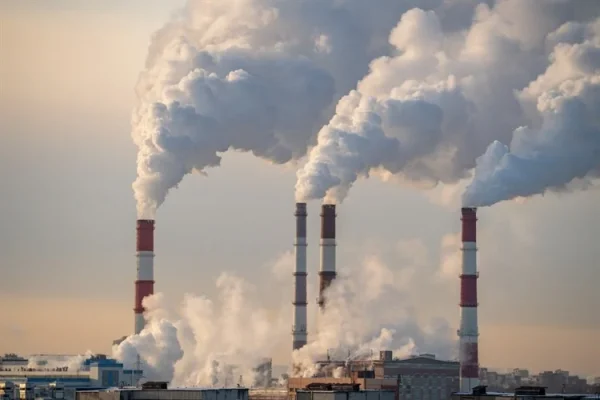
“When you look closely at it, the so-called evidence for climate change, or “global warming” or “warmageddon” or “planetary death spiral” or whatever they’re calling it these days, it doesn’t stand up to scrutiny.”- The Guardian.
People are living in the effects of climate change and still refuse to believe that such a thing is real. “It’s the same with these hypothetical mass extinctions, as if that’s anything to do with climate change.” – The Guardian.
So, how are biodiversity loss and climate change linked? Biodiversity is essential to the survival of all life on Earth, including humans, but Climate change is working towards the destruction of biodiversity. Climate change disrupts habitats, contributing to extinction risks from factors such as rising temperatures, changes in precipitation, and sea-level rise.
Pollution and climate change are pressing issues that affect our community every day. From excessive energy usage to littering and waste, it’s seen that individual habits and collective habits contribute to these ongoing problems. Simple fixes such as turning off lights when not in use, practicing proper recycling, picking up trash, and reducing overconsumption can help make a difference in the community.
Make eco-friendly choices and encourage responsible habits in those around you; everyone can help reduce pollution and protect the environment for future generations.



